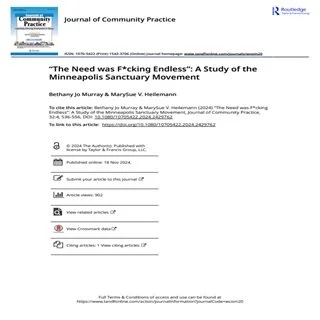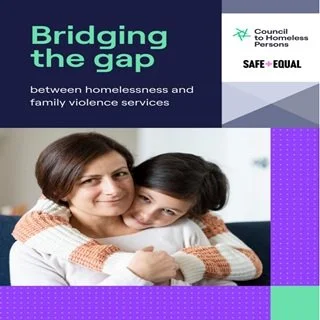By Alexandra Flynn, Estair van Wagner, Heidi Kiiwetinepinesiik Stark
Encampments are a vivid illustration of the failure of governments in Canada to meet their human rights obligations to ensure everyone has access to adequate housing. The 2020-2022 point-in-time count showed a 20% increase in homelessness overall and an 88% increase in unsheltered homelessness from 2018. The right to housing is inherently linked with the fulfillment of other human rights and with basic human dignity. Thus, where the right to housing is violated, other human rights are often violated. Advocacy for the human rights of encampment residents then necessarily implicates a wider set of human rights. Legal advocacy is therefore a necessary part of a broader movement to realize human rights for all people. Canadian jurisprudence has centered on the right to life, liberty and security of the person protected by section 7 of the Charter of Rights and Freedoms, interpreted as freedom from government actions such as encampment removals. However, the rights involved draw from other sources of laws, including Indigenous and international legal frameworks. In this report we focus on the existing case law and legal strategies. Our objective is to identify arguments used to date, as well as opportunities for future legal advocacy on the issue of encampments.
Given the context of colonial dispossession and the vast overrepresentation of Indigenous Peoples in the unhoused population we highlight the relationship between the right to housing and Indigenous rights, both from a colonial Canadian legal perspective and from an Indigenous legal perspective. While we point to opportunities to engage with legal tools within the Canadian colonial legal system where they may be strategic and useful, we acknowledge the limitations of these tools. Therefore, we also highlight opportunities to connect advocacy about encampments with Indigenous legal orders and jurisdiction, including work being done by groups engaged in or considering litigation or advocacy on encampments. While there is limited research on the role of Indigenous law in encampments at present, in our view, this is an urgent area of advocacy to find long-term, sustainable, and human rights-compliant solutions to homelessness.
This report starts from the recognition that encampment residents are rights-bearers and must be centered in discussions on how to move forward. While it does not include testimony from those with lived experience it is informed by the long history of advocacy inside and outside of courtrooms by people unhoused people themselves and in partnership. This is critical in the context of encampments: when unhoused people claim public or private space to meet their basic needs it is essential that we acknowledge and respect their dignity and agency. Encampment residents are experts in their own lives. As we explain, meaningful engagement is the foundation of any human rights-based response. This includes respecting the structures of decision making that emerge in encampments, the trusted advocacy relationships developed with those around them, and principles of fairness that guarantee particular rights.
This report has been drafted to help inform legal practitioners and advocates about the state of jurisprudence in Canada relevant to homeless encampments. It highlights some of the limitations of jurisprudence to date and points to opportunities for future legal advocacy, highlighting the need to integrate Indigenous legal traditions.
Part One provides a background on the meaning of a human rights approach and the regulation of encampments in Canada.
First, we detail the connections between the right to housing and encampments in the Canadian context. We define what we mean by adequate housing, where the progressive realization of the right to housing comes from under Canadian and Indigenous legal frameworks, and provide a three-part framework for considering the right to adequate housing.
Second, we outline the current system of regulation of encampments in Canada. We explore the regulation of encampments based on international and domestic laws, highlighting that jurisdictionally fractured set of rules each seek to govern encampment residents, exacerbating their vulnerability. In this section, we distinguish between constitutional protections, legislation and bylaws that protect encampment residents, and those that seek to displace them.
Part Two sets out advocacy and litigation strategies in relation to encampments.
Third, we outline advocacy efforts in relation to encampments. In this section we explain the many ways in which advocates are seeking change in local policy-making, law reform, and enforcement. These efforts may - but do not always - rely on court decisions, and legal challenges are but one tactic used to advance the interests of encampment residents.
Next, we set out the case law concerning encampments, explaining the different approaches that have been taken since the seminal case, Adams v Victoria, was decided in 2009 setting out the current framework used by the courts. We explain court decisions in relation to injunction applications mainly brought by municipalities, Charter arguments, judicial review applications, shelter standards, public private property distinctions, and challenging enforcement. These cases were all decided between Adams and 2022.
We conclude by summarizing the legal framework related to encampments, with the gaps and opportunities for realizing a right to housing for those experiencing the most profound violation of that right, homelessness.
Ottawa: Office of the Federal Housing Advocate, Canadian Human Rights Commission, 2024. 56p.













